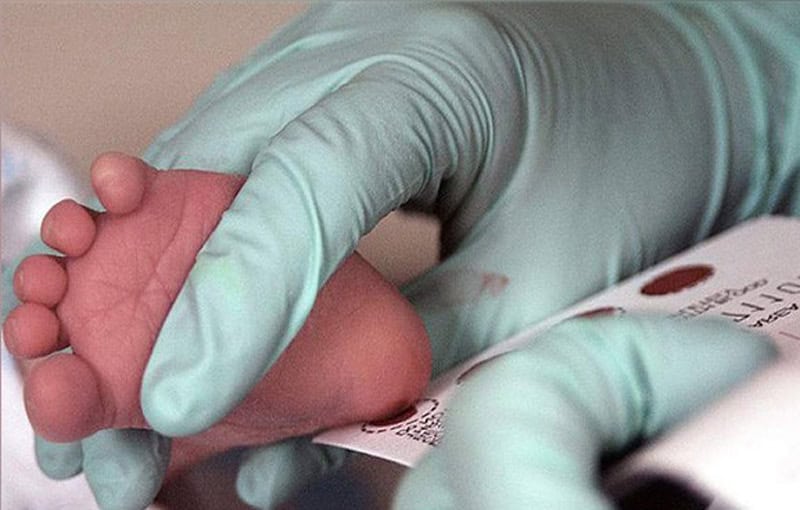Washington: A new study has highlighted the urgent need to develop better treatment strategies for patients suffering from severe combined immune deficiency (SCID), better known as ‘bubble baby disease.’
The international study published in the journal Blood by researchers at Universite de Montreal found better ways to improve the chances of survival of children with the rare immune deficiency.
Bubble baby disease is a rare syndrome characterised by a total non-function of the body’s immune system. The children affected have no immune defence and are vulnerable to bacteria, viruses and fungi, resulting in repeated severe infections. Without appropriate treatment, in most cases, this disease is fatal within the first months after birth.
SCID can be caused by mutations in various genes involved in the functioning of the immune system. The new research shows that the nature of the mutated gene (or genotype) has a significant influence on patients’ survival and reconstitution of their immune system after bone marrow transplant. According to the study, the genotype must be taken into account when adapting treatment strategies to individual patients.
“Immune diseases are among the top priorities in terms of care, teaching and research,” said Dr. Elie Haddad, a researcher. “Having access to such a cohort of patients with this rare disease and over such a long period has provided us with significant and unique data to advance our knowledge in this area.”
The results showed that the survival rates of patients were higher after a cell transplant from a matched sibling donor. In recipients from other donor types, which represent 86 per cent of cases, the data showed that the SCID genotype had a strong influence on survival and immune reconstitution. In addition, the researchers found that young age and absence of active infection at the time of transplant were also key factors for survival, and both were significantly associated with improved survival following a transplant.
“We need to develop patient-specific treatment strategies,” Haddad said. “There is a critical need for neonatal screening to establish appropriate isolation, implement infection-prevention measures, particularly before transplantation, and ensure rapid referral for bone-marrow transplant or gene therapy after diagnosis.”
The study also pointed to the need for close monitoring of immune-system reconstitution after treatment to identify patients with conditions that may require additional intervention and prevent a poor long-term prognosis. Further studies will be needed to identify patient- and transplant-related factors that limit early immune-system reconstitution, and to determine the most appropriate and effective interventions.
[source_without_link]ANI[/source_without_link]

